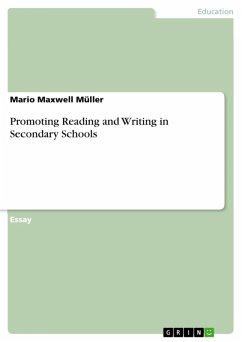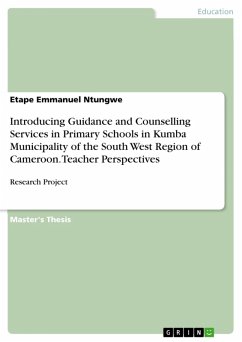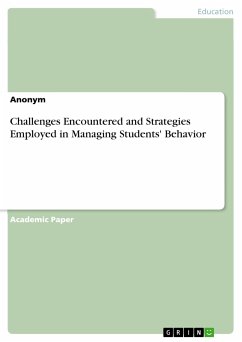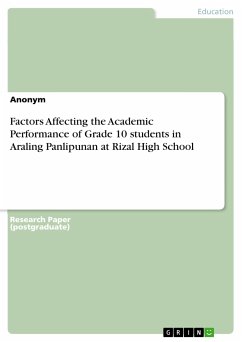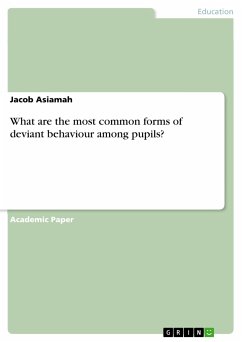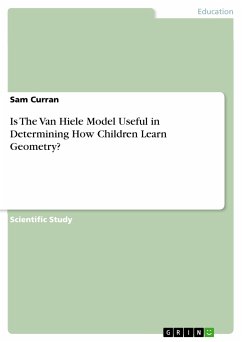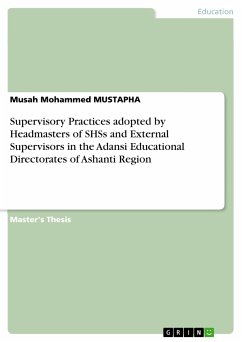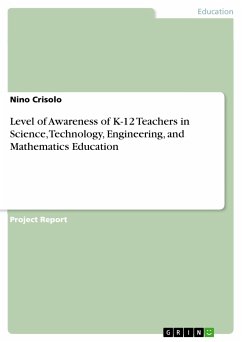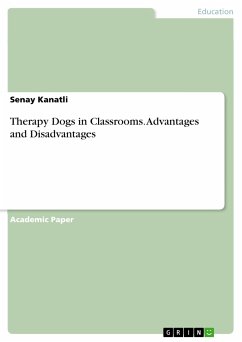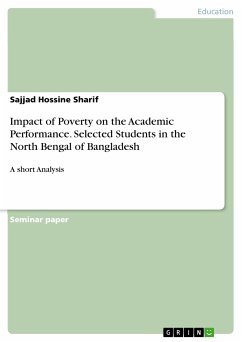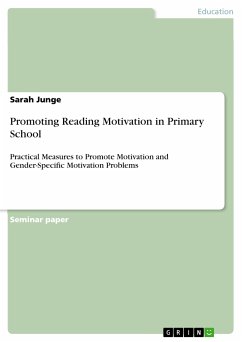
Promoting Reading Motivation in Primary School (eBook, PDF)
Practical Measures to Promote Motivation and Gender-Specific Motivation Problems

PAYBACK Punkte
0 °P sammeln!
Seminar paper from the year 2009 in the subject Pedagogy - School Pedagogics, grade: 1,0, University of Koblenz-Landau, language: English, abstract: The ability to read is an important prerequisite for participating in social life. Without it, many areas of daily life are not accessible. It was precisely under this aspect that the results of the Pisa study presented to the public were all the more shocking. The findings regarding the reading motivation of pupils indicated that 42% of the participating German 15-year-olds never read for pleasure, including not only reading books but also newspa...
Seminar paper from the year 2009 in the subject Pedagogy - School Pedagogics, grade: 1,0, University of Koblenz-Landau, language: English, abstract: The ability to read is an important prerequisite for participating in social life. Without it, many areas of daily life are not accessible. It was precisely under this aspect that the results of the Pisa study presented to the public were all the more shocking. The findings regarding the reading motivation of pupils indicated that 42% of the participating German 15-year-olds never read for pleasure, including not only reading books but also newspapers and magazines. However, since my topic is "Promoting reading motivation in primary school", one might ask why findings from the PISA study are cited that do not show the performance of primary school students but that of 15-year-old school leavers. The reason is that these poor results are rooted in the beginning of the school years. If primary school teachers do not succeed in conveying "reading" as something enjoyable and enriching from the beginning, children will not see reading as something personally valuable either and may turn their backs on books already during their primary school years and migrate to other media such as computers or game consoles. The central question of the is which social factors have a promoting and inhibiting effect on children's motivation to read and to what extent primary school can contribute to creating a long-term love of reading among pupils. First, the family environment is discussed as an important influencing factor in the development of a person's reading motivation. The second important influencing factor will be school, whereby I will limit myself to primary school. Starting with motivation problems at the beginning of the initial lessons, through problems in the continuing reading lessons, to the motivation problem among boys. Gender-specific differences in reading behaviour will be explained and attempted explanations given. In addition, school-based solution perspectives are pointed out. The last chapter of this thesis deals with practical support possibilities, i.e. it shows methods that the primary school teacher can use in class to increase the reading motivation of his pupils.
Dieser Download kann aus rechtlichen Gründen nur mit Rechnungsadresse in A, B, BG, CY, CZ, D, DK, EW, E, FIN, F, GR, HR, H, IRL, I, LT, L, LR, M, NL, PL, P, R, S, SLO, SK ausgeliefert werden.




